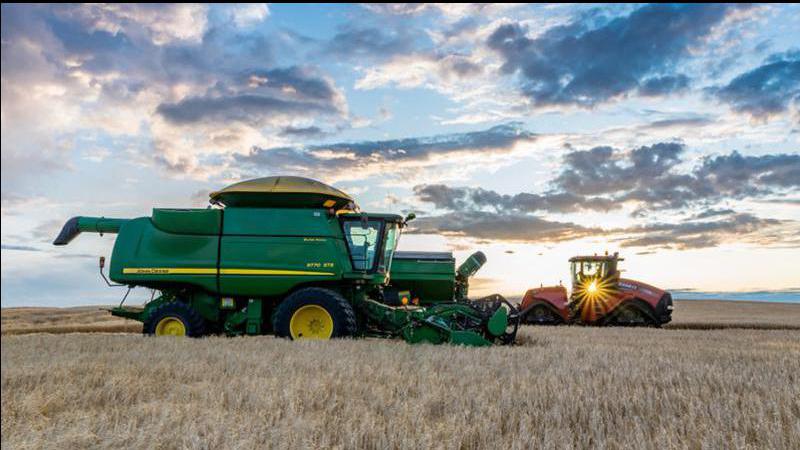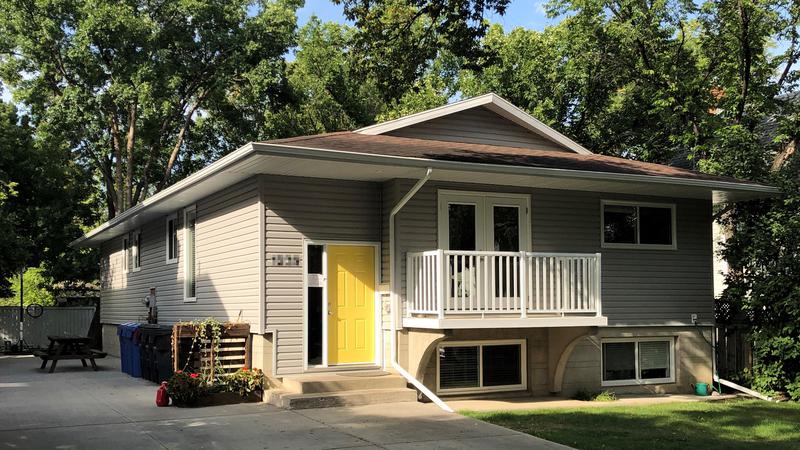
High fuel and fertilizer prices challenge farmers in 2022
PRINCE ALBERT, SK – Harvest is close to being done across the prairies, putting an end to one of the most challenging years for farmers.
The biggest issue during seeding and harvest has been skyrocketing prices.
Fuel Costs
High fuel prices have affected drivers across the country, but farmers have been hit especially hard, with some having to pay at least double what they paid last year.


